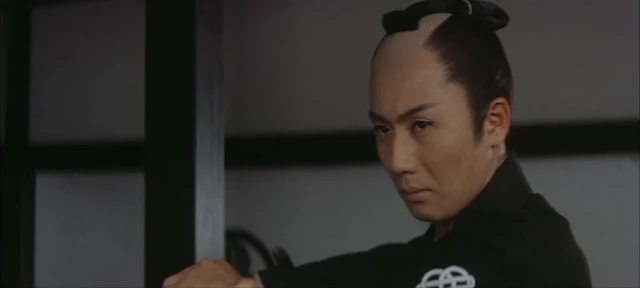.jpeg) |
| Arthur Franz in The Sniper |
Cast: Arthur Franz, Adolphe Menjou, Gerald Mohr, Marie Windsor, Frank Faylen, Richard Kiley, Mabel Paige, Marlo Dwyer, Geraldine Carr. Screenplay: Harry Brown, Edna Anhalt. Edward Anhalt. Cinematography: Burnett Guffey. Production design: Rudolph Sternad. Film editing: Aaron Stell. Music: George Antheil.
Edward Dmytryk's The Sniper is a solid manhunt thriller that maybe gets a little heavy-handed in its promotion of treatment over incarceration for sex offenders, but also contains a few nice surprises. One of them is cinematographer Burnett Guffey's location shooting in San Francisco (except for an amusement park scene filmed in Long Beach), providing a nice record of how the city looked in 1952. Another is an almost unrecognizable Adolphe Menjou, who shaved his mustache to play the police detective in charge of capturing Edward Miller (Arthur Franz), who is gunning down women, driven by some undocumented childhood trauma. Menjou typically played well-groomed upper-middle-class types who looked like they were born wearing three-piece suits -- he was repeatedly voted one of America's best-dressed men -- but in The Sniper he manages to look rumpled for once. Menjou was an outspoken right-wing Republican who testified before the House Un-American Activities Committee that Hollywood was full of communists, making his appearance in The Sniper surprising, given that Dmytrk was one of the "Hollywood Ten," who had been blacklisted after refusing to testify before HUAC. Dmytryk recanted and in 1951 named names before the committee, which presumably put him back in Menjou's good graces. The film was produced by Stanley Kramer, and the speech written by his co-producers Edna and Edward Anhalt, and delivered by Richard Kiley, about the need for preventive treatment for potential criminals is characteristic of Kramer's fondness for message movies. The Sniper has a low-key ending, another surprise for a film whose genre typically provides an audience-pleasing catharsis.




.jpg)



